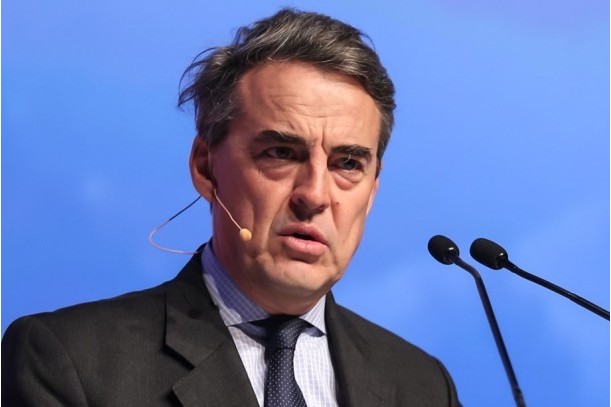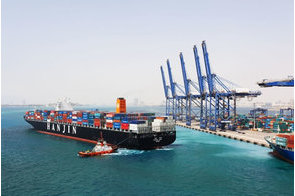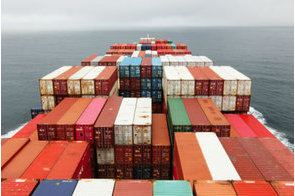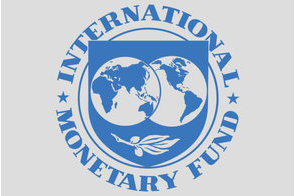Latest News
IATA advocates right tax and regulatory frameworks for African aviation

News Highlight
Jet fuel costs in Africa are 35 per cent higher than the global average.
The International Air Transport Association (IATA) has said the high operating cost of African airlines is among the major challenges in the African aviation industry. Alexandre de Juniac, IATA's Director General and CEO, stated this in a keynote speech at the 51st Annual General Assembly of the African Airline Association (AFRAA), which held on November 10–12, 2019 in Mauritius.
IATA's CEO said jet fuel costs in Africa are 35 per cent higher than the global average. According to him, there are a plethora of taxes and charges, which account for 11.4 per cent of African airlines' operating costs. That is double the global industry average.
“Flying is not a luxury – it is an economic lifeline for this continent,” said de Juniac. “That's why it is critical for governments to understand that every extra cost they add to the industry reduces aviation's effectiveness as a catalyst for development."
He said the aviation industry in Africa plays a critical role in enabling connectivity and helping to achieve the United Nations Sustainable Development Goals (SDGs) by providing safe, reliable and cost-effective air transport. According to IATA, the industry facilitates $100 billion of trade annually in Africa. About 157 million passengers travel to, from or within the continent each year. The industry also supports 6.2 million jobs.
The IATA's CEO said the need for cost-competitiveness in the industry operating environment for airlines in Africa is among four priorities the industry must focus on to drive economic and social development on the continent and enrich people's lives. The other three priorities are safety, opening the continent to travel and trade, and gender diversity.
IATA highlighted three priorities to improve aviation safety in Africa. They include the need to incorporate the IATA Operational Safety Audit (IOSA) into the safety oversight systems of more states. Only Mozambique, Rwanda, Togo and Zimbabwe have done so. The other priority is that smaller operators should consider becoming IATA Standard Safety Assessment (ISSA)-certified. African countries also need to implement ICAO standards and recommended practices in their regulations. Currently, only 26 countries meet or exceed the threshold of 60 per cent implementation, according to the association.
In terms of opening the continent to travel and trade, IATA called on governments to liberalize intra-Africa access to markets and urgently implement the African Continental Free Trade Area (AfCFTA), The African Union (AU) Free Movement Protocol, and the Single African Air Transport Market (SAATM). AfCFTA is expected to boost intra-Africa trade through the elimination of import duties and non-tariff barriers; the Free Movement Protocol will ease the severe visa restrictions; while SAATM will open up intra-Africa air connectivity.
IATA also called on the industry to support the recently-launched 25by2025 campaign to improve gender diversity in the region. The 25by2025 campaign is a voluntary programme for airlines to commit to increasing female participation at senior levels to at least 25 per cent or to improve it by 25 per cent by the year 2025.
"With the right tax and regulatory framework, the opportunities aviation creates to improve people's lives are tremendous. And as leaders of the business of freedom we have virtually unlimited potential to enrich the future of the African continent," de Juniac concluded.
Related News
Latest Blogs
- CBN is fighting inflation instead of stagflation
- Why electricity privatization failed (2)
- How net metering can boost embedded power generation
- Adaora Umeoji and gender in Nigerian banking leadership
- Is protest an endangered human right of Nigerians?
Most Popular News
- IFC, partners back Indorama in Nigeria with $1.25 billion for fertiliser export
- Univercells signs MoU with FG on biopharmaceutical development in Nigeria
- Ali Pate to deliver keynote speech at NDFF 2024 Conference
- CBN increases capital requirements of banks, gives 24 months for compliance
- CBN settles backlog of foreign exchange obligations
- Nasdaq Dubai welcomes $600m sukuk listing by Islamic Development Bank






